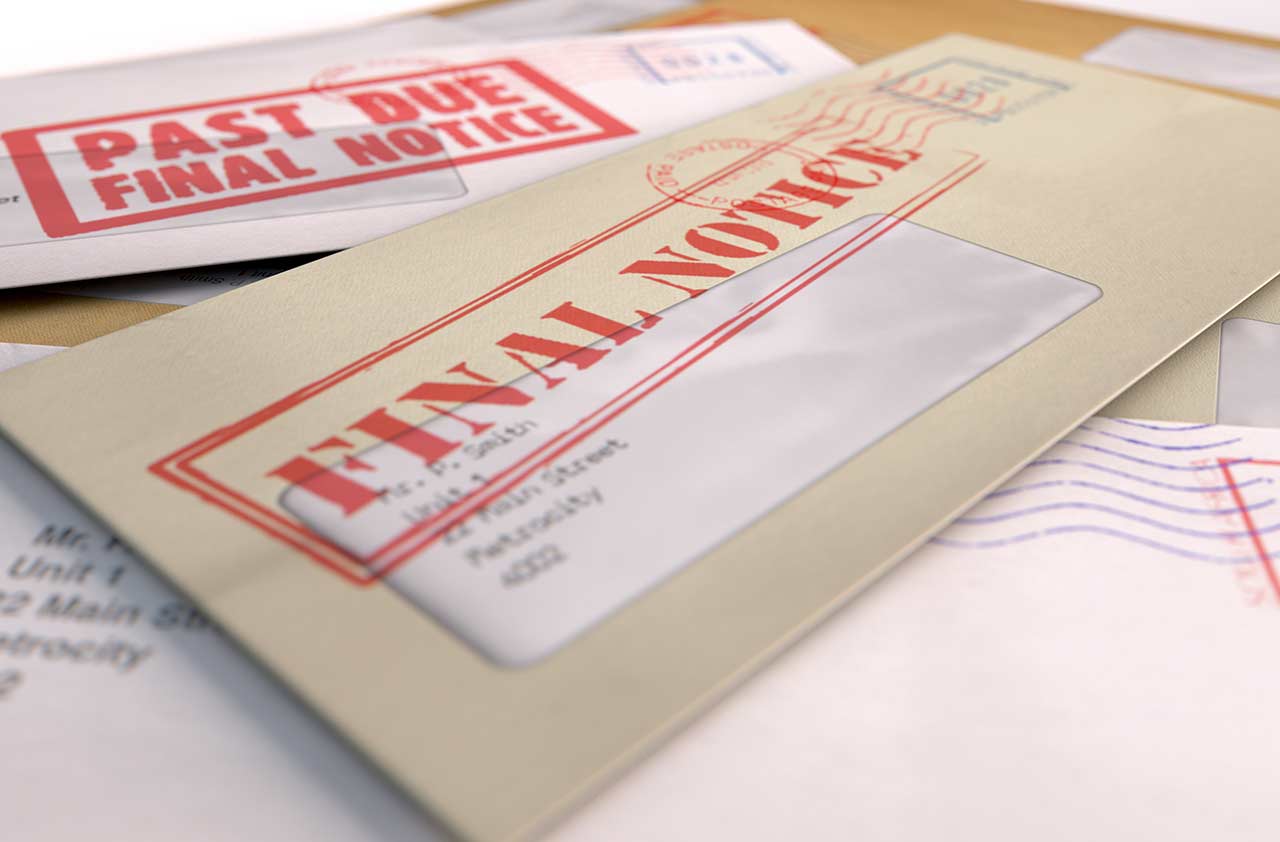Are Drug Prices Unethically High?
It makes sense for the maker of a best-selling drug to lower the price gradually over the life of its patent.

Profit and prosper with the best of Kiplinger's advice on investing, taxes, retirement, personal finance and much more. Delivered daily. Enter your email in the box and click Sign Me Up.
You are now subscribed
Your newsletter sign-up was successful
Want to add more newsletters?

Delivered daily
Kiplinger Today
Profit and prosper with the best of Kiplinger's advice on investing, taxes, retirement, personal finance and much more delivered daily. Smart money moves start here.

Sent five days a week
Kiplinger A Step Ahead
Get practical help to make better financial decisions in your everyday life, from spending to savings on top deals.

Delivered daily
Kiplinger Closing Bell
Get today's biggest financial and investing headlines delivered to your inbox every day the U.S. stock market is open.

Sent twice a week
Kiplinger Adviser Intel
Financial pros across the country share best practices and fresh tactics to preserve and grow your wealth.

Delivered weekly
Kiplinger Tax Tips
Trim your federal and state tax bills with practical tax-planning and tax-cutting strategies.

Sent twice a week
Kiplinger Retirement Tips
Your twice-a-week guide to planning and enjoying a financially secure and richly rewarding retirement

Sent bimonthly.
Kiplinger Adviser Angle
Insights for advisers, wealth managers and other financial professionals.

Sent twice a week
Kiplinger Investing Weekly
Your twice-a-week roundup of promising stocks, funds, companies and industries you should consider, ones you should avoid, and why.

Sent weekly for six weeks
Kiplinger Invest for Retirement
Your step-by-step six-part series on how to invest for retirement, from devising a successful strategy to exactly which investments to choose.
Q. Drugs under patent protection strike me as outrageously overpriced, including old drugs that have been sold for years, new drugs just hitting the market, drugs for common illnesses, drugs for rare diseases—whatever. Do you think drug pricing today is ethical?
A. I understand your frustration, but I urge you to distinguish among the several situations you’re describing. Focus your moral indignation on drug companies run by tough financiers, not idealistic medical researchers—ones that buy the patent rights to old, popular drugs and immediately jack up the prices simply because they can. They give the whole industry a black eye and invite government scrutiny for monopolistic practices.
To me, it makes sense, ethically and financially, for the maker of a best-selling drug to lower the price gradually over the life of its patent. The company will have already achieved a solid return, and the drug must eventually compete with lower-priced generics anyway.
From just $107.88 $24.99 for Kiplinger Personal Finance
Become a smarter, better informed investor. Subscribe from just $107.88 $24.99, plus get up to 4 Special Issues

Sign up for Kiplinger’s Free Newsletters
Profit and prosper with the best of expert advice on investing, taxes, retirement, personal finance and more - straight to your e-mail.
Profit and prosper with the best of expert advice - straight to your e-mail.
Genuine pharmaceutical innovators have a legal and ethical right to recover the cost of creating and bringing a new drug to market and to earn a good profit. It’s reasonable that they price the drug to accomplish this over, say, five to 10 years.
Competition matters. If the new drug works only slightly better than existing drugs, it can’t be priced a lot higher than its competitors or it won’t sell well. The size of the market affects pricing, too. If a lot of people will potentially benefit from the new drug, its price will be moderated by the breadth of demand. The maker can earn less profit per unit but make it up on high volume.
But if a company spends millions developing an effective new therapy for a rare disease that afflicts very few people, it’s fair for the company to price it very high. The development cost will be borne by insurers, Medicare, Medicaid or patients themselves, sometimes assisted by hardship discounts that many companies offer.
Have a money-and-ethics question you’d like answered in this column? Write to editor in chief Knight Kiplinger at ethics@kiplinger.com.
Profit and prosper with the best of Kiplinger's advice on investing, taxes, retirement, personal finance and much more. Delivered daily. Enter your email in the box and click Sign Me Up.

Knight came to Kiplinger in 1983, after 13 years in daily newspaper journalism, the last six as Washington bureau chief of the Ottaway Newspapers division of Dow Jones. A frequent speaker before business audiences, he has appeared on NPR, CNN, Fox and CNBC, among other networks. Knight contributes to the weekly Kiplinger Letter.
-
 Over 65? Here's What the New $6K 'Senior Deduction' Means for Medicare IRMAA Costs
Over 65? Here's What the New $6K 'Senior Deduction' Means for Medicare IRMAA CostsTax Breaks A new deduction for people over age 65 has some thinking about Medicare premiums and MAGI strategy.
-
 U.S. Congress to End Emergency Tax Bill Over $6,000 Senior Deduction and Tip, Overtime Tax Breaks in D.C.
U.S. Congress to End Emergency Tax Bill Over $6,000 Senior Deduction and Tip, Overtime Tax Breaks in D.C.Tax Law Here's how taxpayers can amend their already-filed income tax returns amid a potentially looming legal battle on Capitol Hill.
-
 5 Investing Rules You Can Steal From Millennials
5 Investing Rules You Can Steal From MillennialsMillennials are reshaping the investing landscape. See how the tech-savvy generation is approaching capital markets – and the strategies you can take from them.
-
 Should All Student Debt Be Forgiven?
Should All Student Debt Be Forgiven?student loans My favorite reform would be making the repayment of all student loans proportional to the borrower’s future earnings.
-
 Should Lenders Mail Unsolicited Checks to Potential Borrowers?
Should Lenders Mail Unsolicited Checks to Potential Borrowers?credit & debt When it comes to preying on weak credit risks, it looks like Wall Street is at it again.
-
 Do Adult Children Have an Obligation to Support Needy Parents?
Do Adult Children Have an Obligation to Support Needy Parents?savings Even if some siblings can afford to help more than others, no one should shirk the obligation to assist in some way -- financial or otherwise.
-
 How Can the Approval Process for New Drugs Be Speeded Up?
How Can the Approval Process for New Drugs Be Speeded Up?investing There are many reform proposals, including some from free-market think tanks.
-
 Should Ethics Determine Who You Do Business With?
Should Ethics Determine Who You Do Business With?Smart Buying Consumers seeking to do business only with ethical companies should ask these questions.
-
 Should Colleges Use Collection Agencies for Overdue Student Bills?
Should Colleges Use Collection Agencies for Overdue Student Bills?college Colleges have many potent options for getting students to square their accounts.
-
 Hold Soda Makers to Account for Health Woes?
Hold Soda Makers to Account for Health Woes?Business Costs & Regulation A strong case can be made that it’s unethical for companies to target the very customers who shouldn’t be heavy consumers of a given product.
-
 Ways to Protect Borrowers From Predatory Home Lending
Ways to Protect Borrowers From Predatory Home Lendingreal estate Land contracts drain low-income communities of resources.